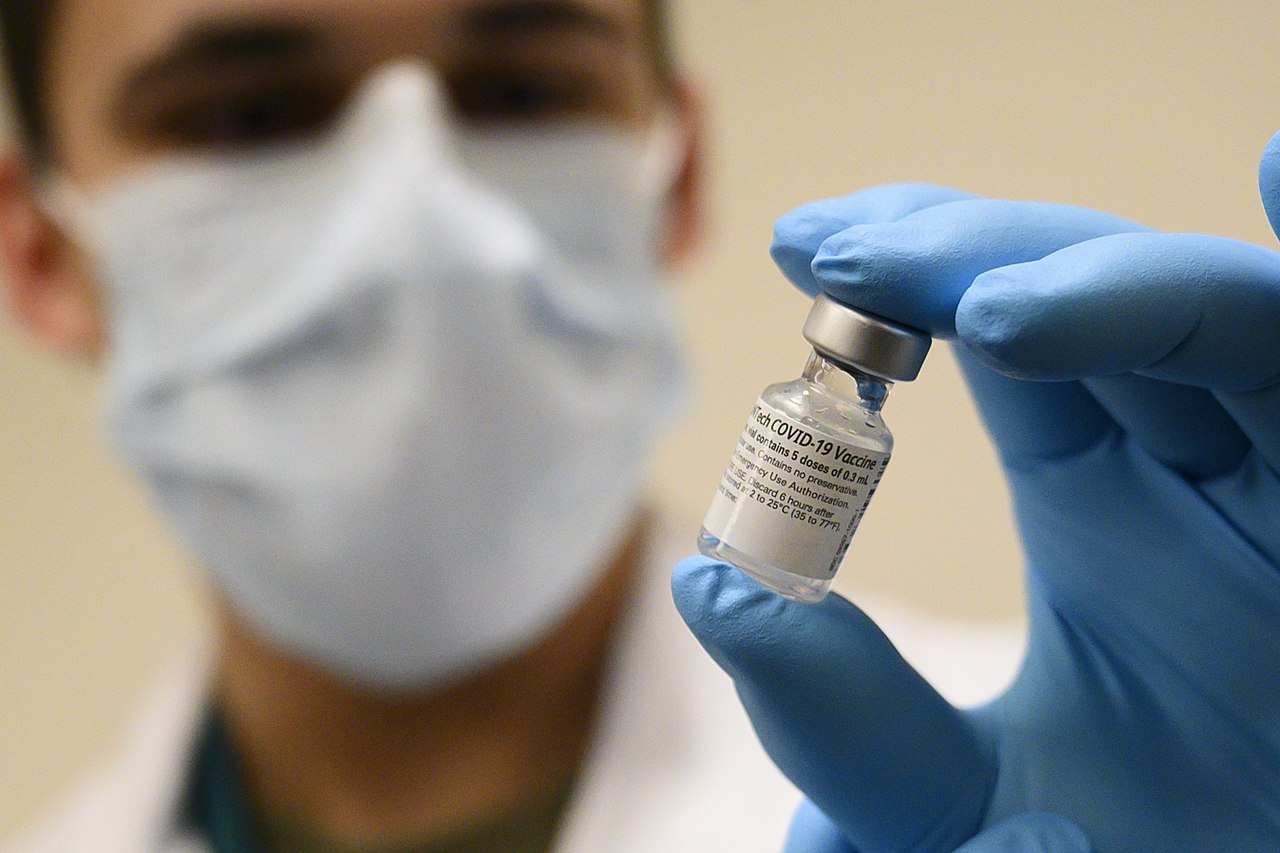News release
From:
New study finds no increased risk of menstrual changes after covid-19 vaccination
Results from nearly 3 million women suggest a causal effect is unlikely, say experts
A Swedish study of nearly 3 million women published by The BMJ today finds no evidence of an increased risk of menstrual changes after covid-19 vaccination.
Weak and inconsistent associations were found between covid-19 vaccination and contact with healthcare for postmenopausal bleeding and were even less consistent for menstrual disturbance and premenstrual bleeding.
These findings do not provide any substantial support for a causal association between covid-19 vaccination and diagnoses related to menstrual or bleeding disorders, say the researchers.
Many women have reported changes to their periods after a covid-19 vaccination, such as the number of days they bleed and the heaviness of the flow. Self-reporting may capture events that normally would not result in a healthcare contact but may still be sufficiently disturbing to be relevant for the affected women. But calculating the strength of a potential association based on self reports can be unreliable.
To address this, researchers in Sweden drew on high quality health registry data to evaluate the risks of menstrual disturbance and bleeding after covid-19 vaccination in 2,946,448 women aged 12-74 years from December 2020 to February 2022.
Contact with healthcare included primary care visits, specialist outpatient visits, and days of hospital stay related to menstrual disturbance or bleeding before or after menopause.
Risks were assessed by vaccine (Pfizer-BioNTech, Moderna, or Oxford-AstraZeneca) and dose (unvaccinated and first, second, and third dose) over two time windows (1-7 days, considered the control period, and 8-90 days).
In the main analysis, more than 2.5 million (88%) of women received at least one covid-19 vaccination and over 1.6 million (64%) of vaccinated women received three doses during the study period.
The highest risks for bleeding in postmenopausal women were seen after the third dose in the 1-7 days risk window (28%) and in the 8-90 days risk window (25%).
Adjusting for socioeconomic factors, previous healthcare use, and for several specific medical conditions had only a modest effect on these results.
Analyses of individual vaccines and risk of postmenopausal bleeding suggested a 23-33% increased risk after 8-90 days with Pfizer-BioNTech, and Moderna after the third dose, but a less clear association with Oxford-AstraZeneca.
In premenopausal women, weak associations were found for menstrual disturbance or bleeding after vaccination with any dose (13% or 8% after 1-7 days and 6% or 1% after 8-90 days, respectively). However, adjusting for other factors almost completely removed these weak associations, suggesting that a causal effect is unlikely.
These are observational findings and the authors point to several limitations, including the fact that the time between onset, start of symptoms, and date of healthcare contact might be considerable, making the interpretation of effect of different risk windows challenging.
But this was a large study with near complete follow-up, using mandatory data from nationwide registers.
As such, they say: “We observed weak and inconsistent associations between SARS-CoV-2 vaccination and healthcare contacts for postmenopausal bleeding, and even less consistent for menstrual disturbance, and premenstrual bleeding.”
They add: “These findings do not provide any substantial support for a causal association between SARS-CoV-2 vaccination and healthcare contacts related to menstrual or bleeding disorders.”



 International
International



